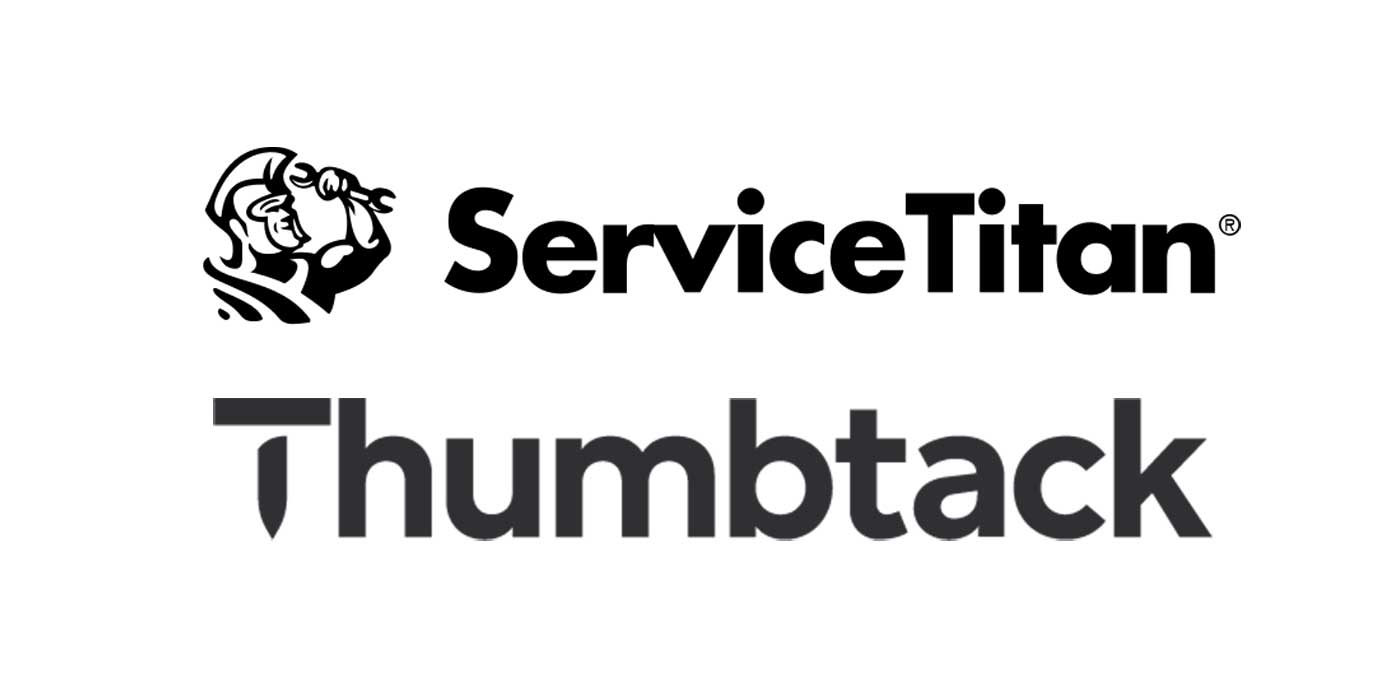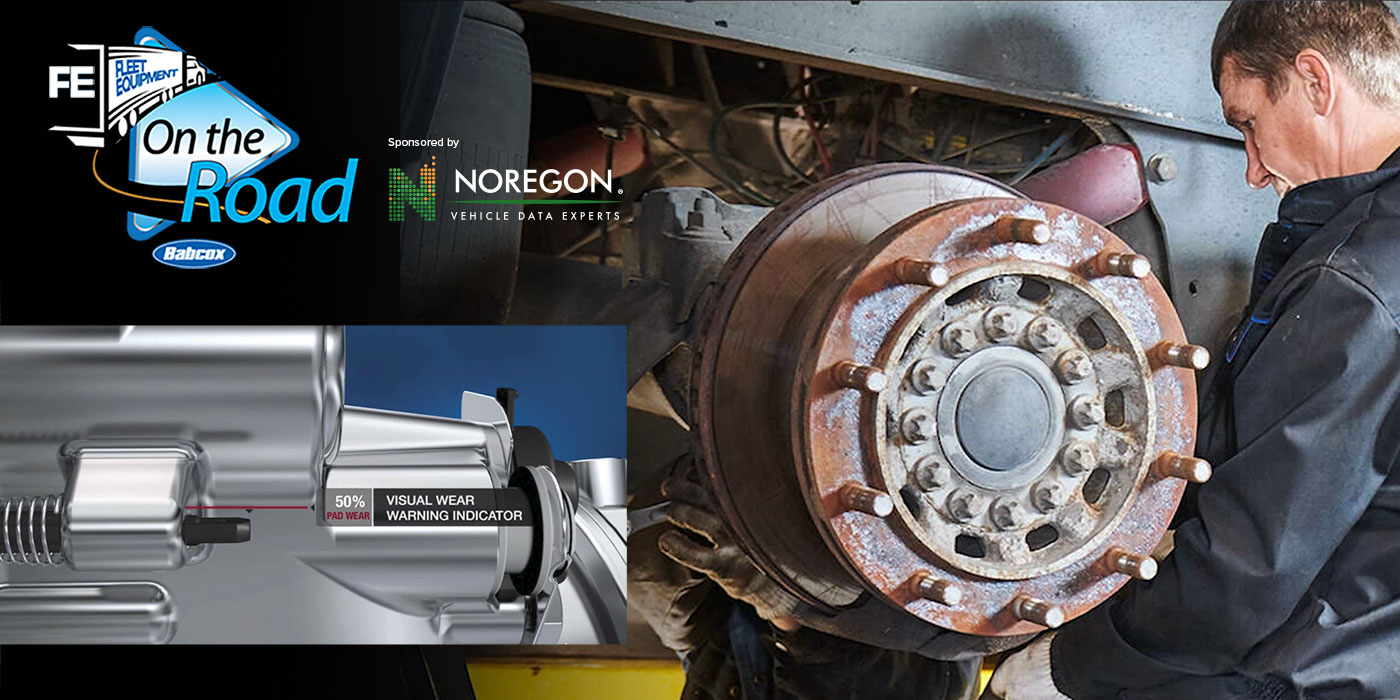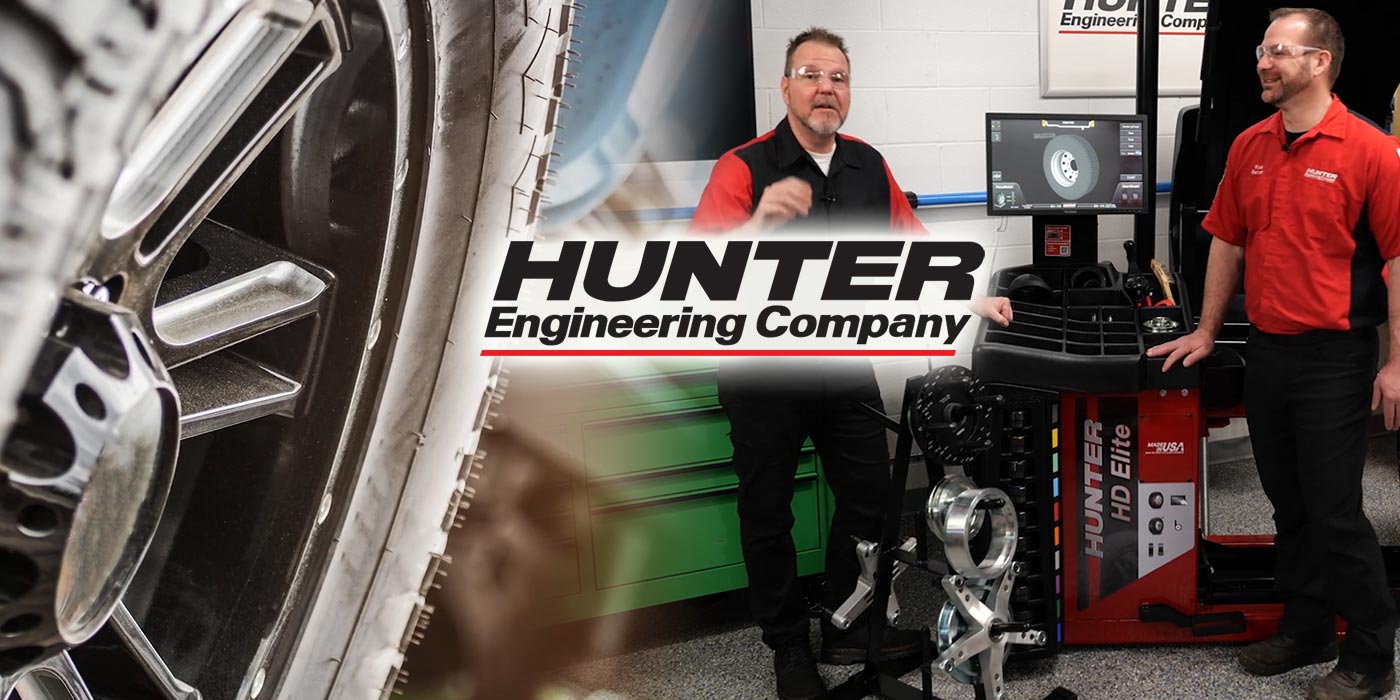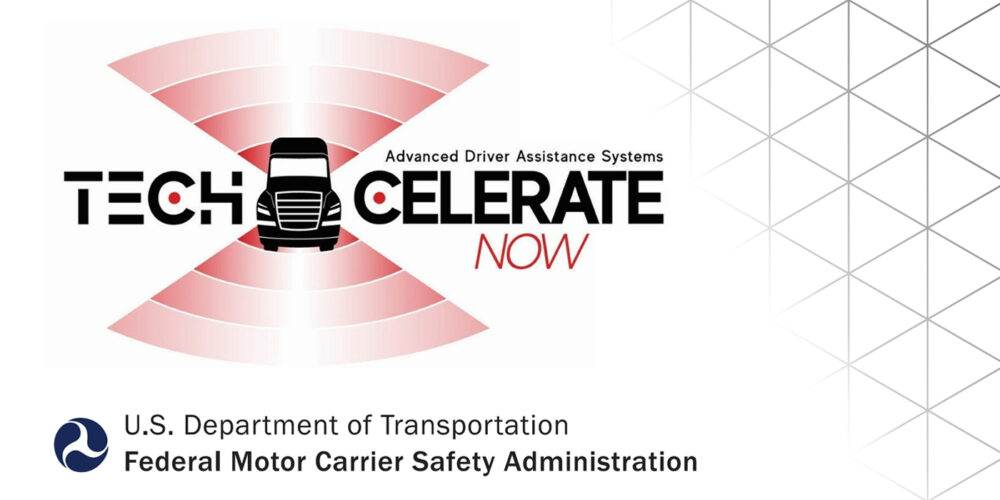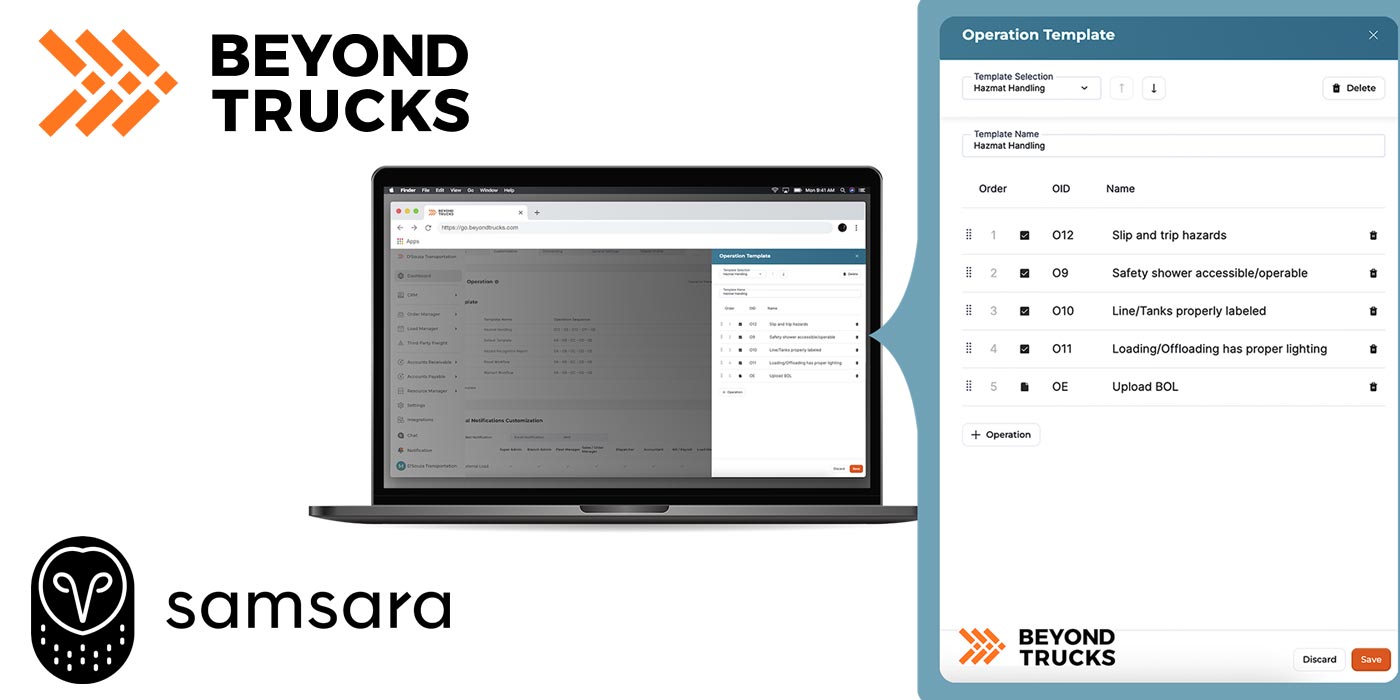There have been a slew of integration announcements between OEMs and technology service providers, which sound great on digital paper, but what do they really mean? How far does the integration go? Where do you see the data? How can you, as the fleet, make the most of it?
In the first of a series of data integration deep dives, I connected with Sean Slyman, director of connected services at Navistar, and Chris Mozzocchi, director of OEM integrations at Samsara, to walk through the recent integration announcement that the companies say will streamline data sharing between both platforms and empower customers to bring embedded telematics data from International 360 into the Samsara platform and make Samsara fault code data available in Navistar OnCommand Connection. Check out the video above for all of the insight.
More Unscripted riffing with Navistar
Fleet health: We talked about it in this video, but want to listen in on a conversation on how to act to improve it? Click the link below.
Off the cuff with Samsara
Samsara has been on an integration announcement tear this summer. Here’s a conversation with Chris focused on boosting medium-duty applications by acting on data. Click the link below.

No script? No plan? No problem. Welcome to Fleet Equipment Unscripted—the video interview series that connects you with the greatest minds in the heavy-duty trucking world.
Bookmark the Fleet Equipment Unscripted page to catch all of our Unscripted episodes, and subscribe to our newsletter by clicking here to have the latest news and in-depth trucking stories delivered straight to your inbox.

